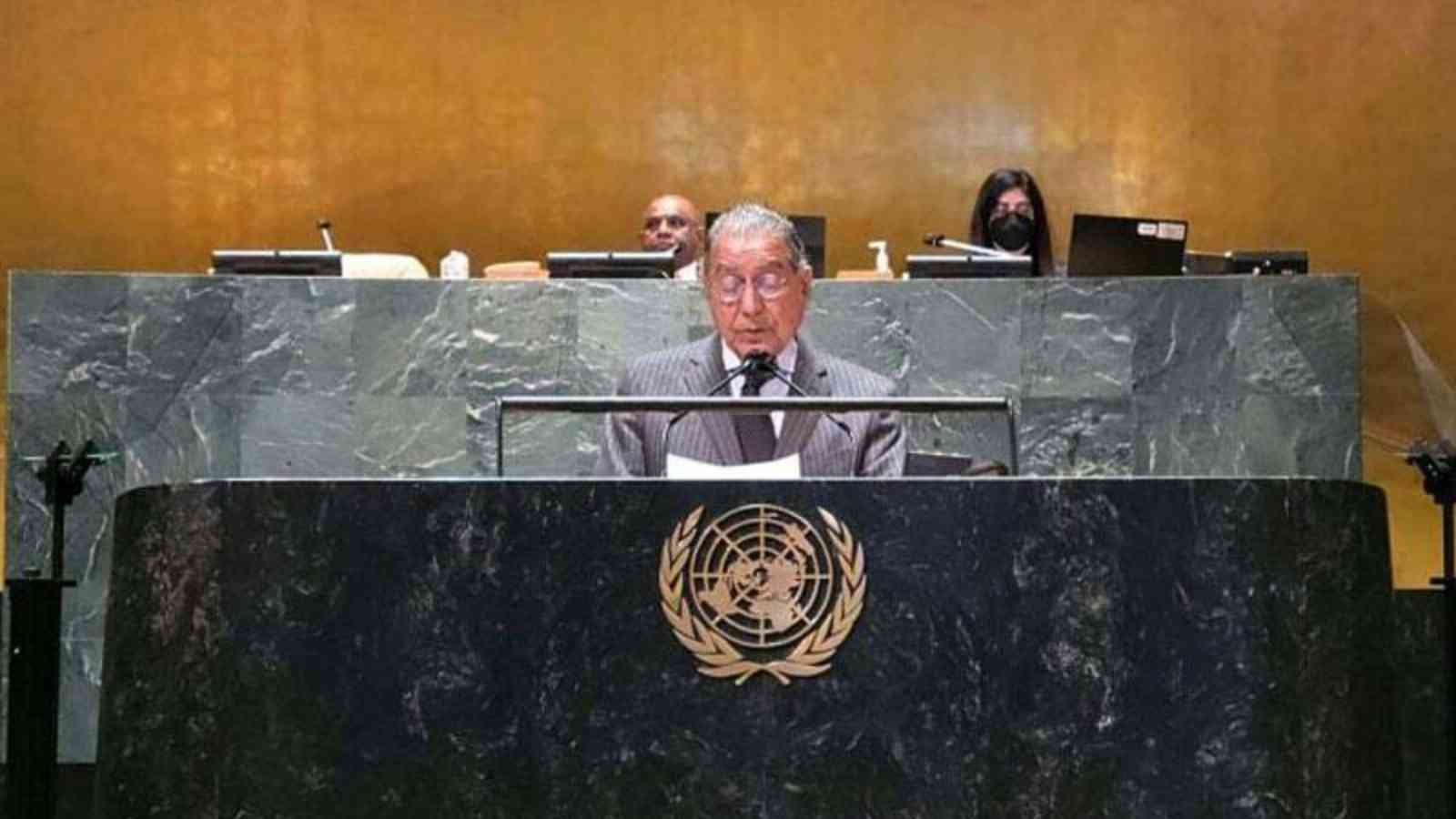In 2022, the U.N. General Assembly enacted a resolution establishing the International Day to Combat Islamophobia and designating March 15 as the holiday’s observance date. Pakistan represented the Organization of Islamic Cooperation in the introduction to the resolution. It commemorates the day in 2019 when a gunman opened fire inside two mosques in Christchurch, New Zealand, murdering 51 people and wounding 40 others. The resolution was officially introduced by Munir Akram, Pakistan’s U.N. representative. According to him, this resolution recognizes the rise of intolerance, prejudice, and violence against members of a variety of religious and other communities, regardless of the perpetrators.
The background of International Day to Combat Islamophobia
Islamophobia is the disfavor, fear, or prejudice of Islam or Muslims in general, particularly when viewed as a geopolitical power or the source of terrorism. The precise definition and range of the term “Islamophobia” are the subject of ongoing debate. Some academics view it as xenophobia or prejudice. Others consider Islamophobia and racism to be closely related or partially overlapping, whereas others continue to deny any connection between the two, arguing that religion is not a race.
Islamophobia has emerged as a new form of racism, as evidenced by xenophobia, negative profiling, and the stereotyping of Muslims. This is particularly alarming in the modern era. Additionally, Akram observes that the gender component of Islamophobia is gaining prominence. Because of the clothing they wear, women and children have become a target. People generally believe that Muslim women are subjugated and must therefore be freed.
According to Guyana’s ambassador to the United Nations General Assembly, the designation of a global day is a crucial step in combating Islamophobia and its negative effects, which include restricted access to employment, housing, and education. Global action will aid in the struggle against the growing number of violent acts against Muslims and Muslim communities worldwide. The resolution of the United Nations asserts that terrorism cannot and should not be associated with any religion, nation, ethnic group, or civilization. It calls for more deliberate global efforts to promote a culture of peace and tolerance on all levels. The resolution requests that all countries, U.N. bodies, civil society, private sector, and faith-based organizations, as well as international and regional organizations, organize and support a variety of high-visibility events aimed at raising awareness at all levels regarding the need to combat Islamophobia.
International Day of Action For Rivers 2023: Date, History, Facts about River
5 facts about Islamophobia you must know
The Counter-Islamophobia Toolkit was created on September 26, 2018 by the European Parliament in Brussels to combat the rise of Islamophobia in the European Union.
In 2015, after the Charlie Hebdo attack, the French prime minister, Manuel Valls, stated that Islam has no connection to the terrorist organization ISIS.
Following the terrorist attacks of September 11, 2001, the European Monitoring Centre on Racism and Xenophobia conducts the largest initiative monitoring Islamophobia.
Trump, who won the 2016 presidential election with an Islamophobic platform, proposed a moratorium on all Muslim immigration to the United States.
Between 2008 and 2013, groups promoting Islamophobia in the United States had access to $206 million.
Who is Heagy Hilarion? California Christian priest renounces his faith and converts to Islam
INTERNATIONAL DAY TO COMBAT ISLAMOPHOBIA DATES
| Year | Date | Day |
|---|---|---|
| 2023 | March 15 | Wednesday |
| 2024 | March 15 | Friday |
| 2025 | March 15 | Saturday |
| 2026 | March 15 | Sunday |
| 2027 | March 15 | Monday |



